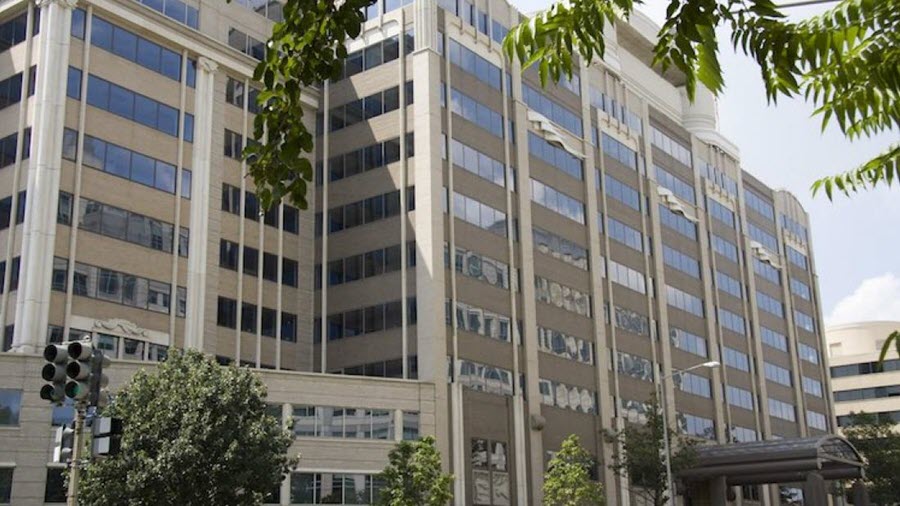FCC Waives More Regs on Video Relay Services

The smarter way to stay on top of the multichannel video marketplace. Sign up below.
You are now subscribed
Your newsletter sign-up was successful
The FCC has further loosened the regulations on telecommunications relay services--specifically video relay services (VRS)--that help the deaf, hard of hearing, deaf/blind and with speech disabilities, to communicate.
It said Friday (April 3) that it was temporarily waiving restrictions on hiring contractors for American Sign Language interpretation services. Eligible VRS providers are not allowed to subcontract with an entity that is not eligible. But the FCC said with increased traffic levels and employee absences do to COVID-19, there is a shortage of ASL interpreters to work as communications assistants.
“It’s our duty to help ensure that VRS providers can continue to serve Americans with disabilities who rely on relay services to communicate,” said FCC chair Ajit Pai of the latest in a host of COVID-19 waivers the FCC has issued. “These extraordinary circumstances present unique challenges, and today’s temporary waiver gives providers flexibility to hire additional ASL interpreters to meet current service needs.”
The waiver is effective immediately and extends until May 15.
Driven by the widening coronavirus crisis, the FCC two weeks ago provided temporary waivers to help American Sign Language interpreters telework in order to maintain the telecommunications relay services (TRS)--in this case video relay service.
The FCC also also provided waivers of other TRS rules to allow interpreters to continue to provide the services to hundreds of thousands of people who need them.
The smarter way to stay on top of the multichannel video marketplace. Sign up below.
Contributing editor John Eggerton has been an editor and/or writer on media regulation, legislation and policy for over four decades, including covering the FCC, FTC, Congress, the major media trade associations, and the federal courts. In addition to Multichannel News and Broadcasting + Cable, his work has appeared in Radio World, TV Technology, TV Fax, This Week in Consumer Electronics, Variety and the Encyclopedia Britannica.

